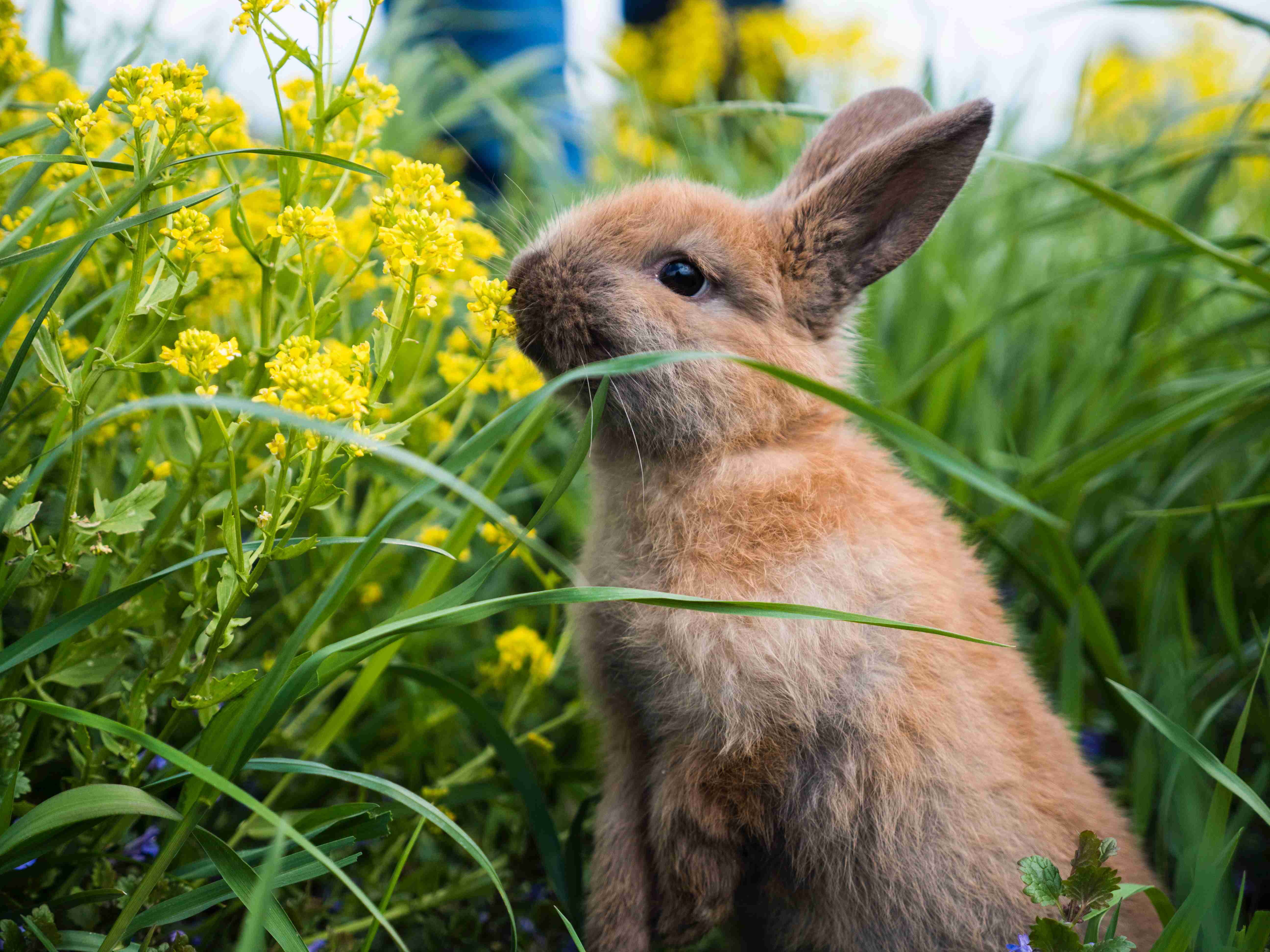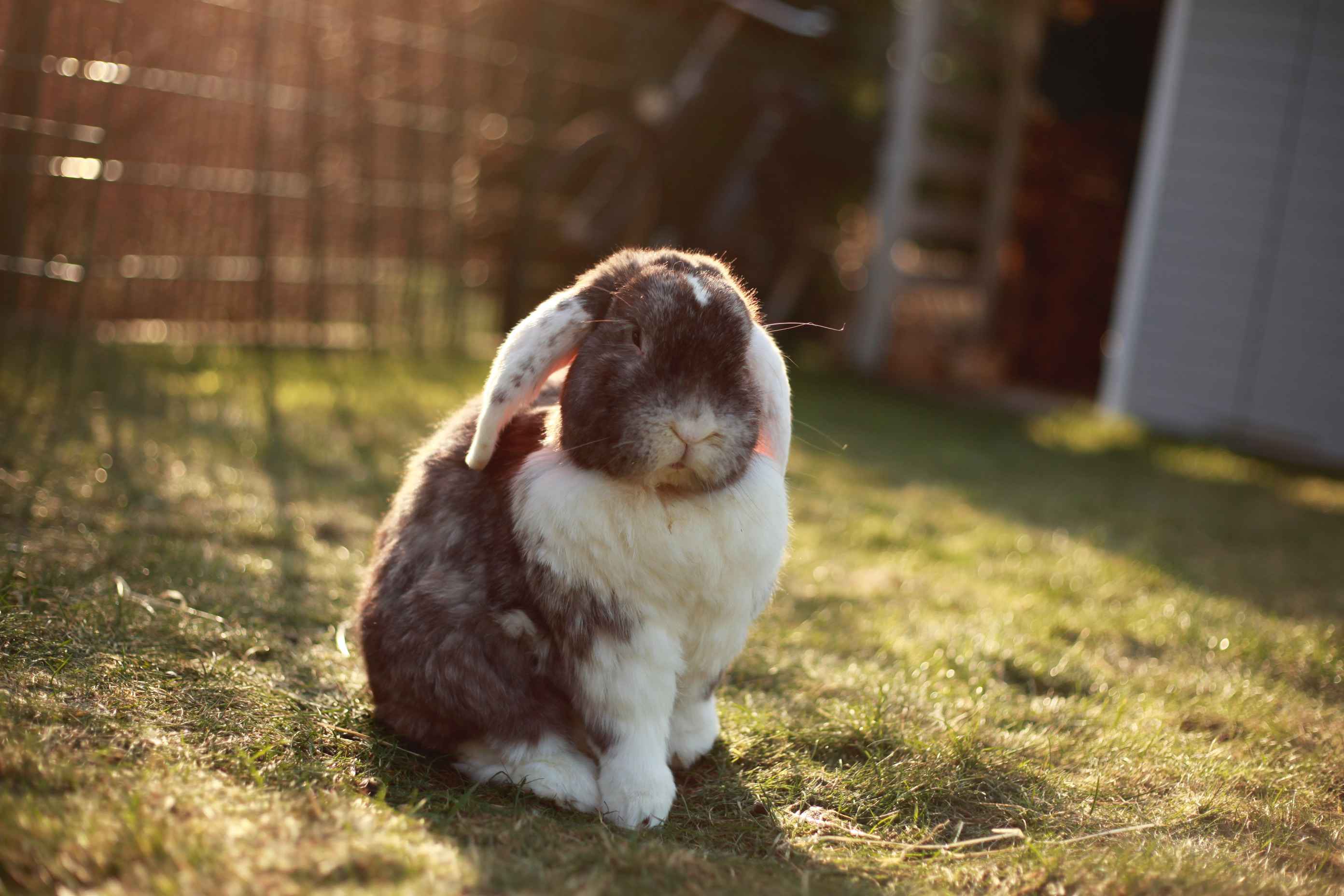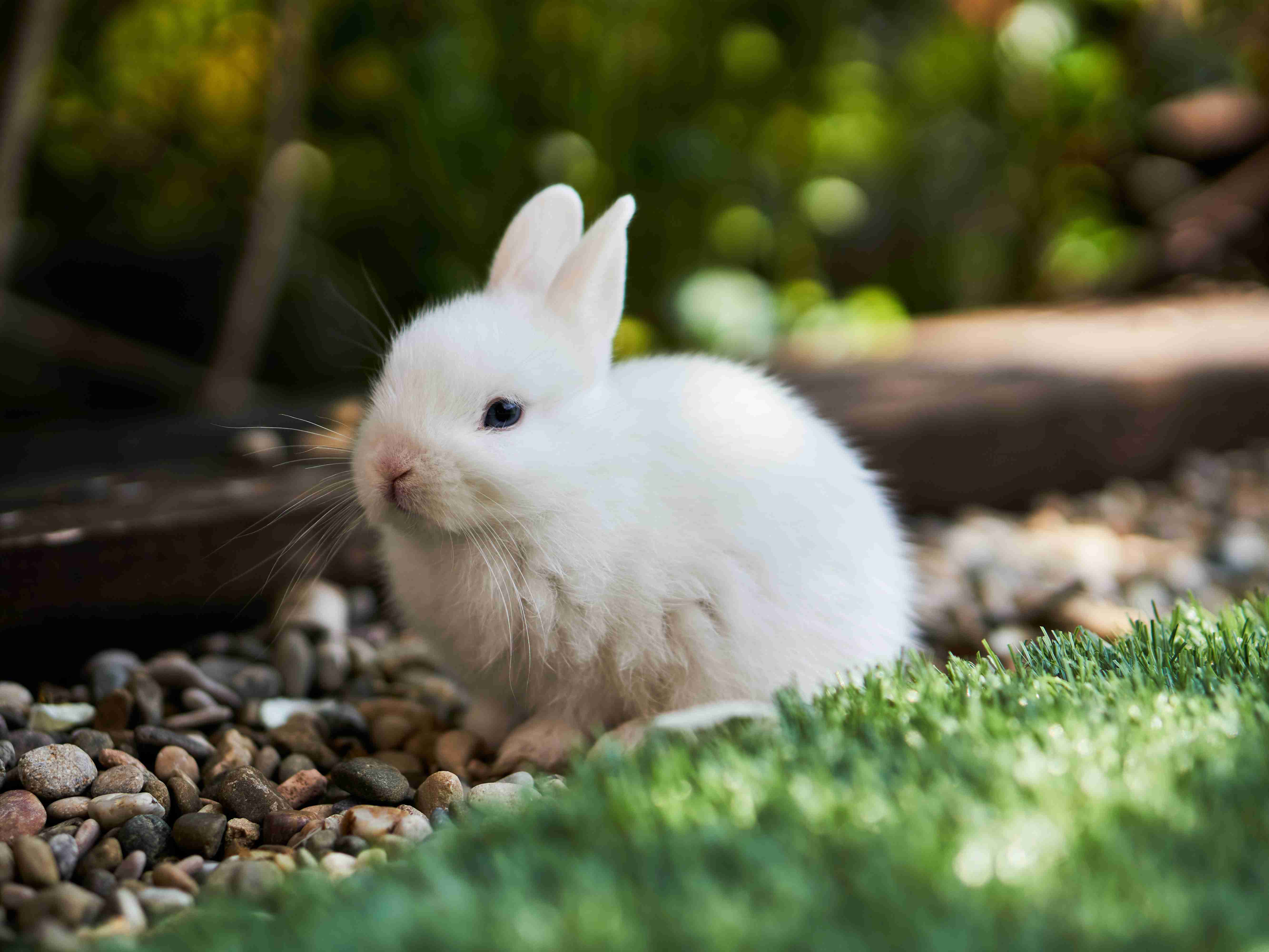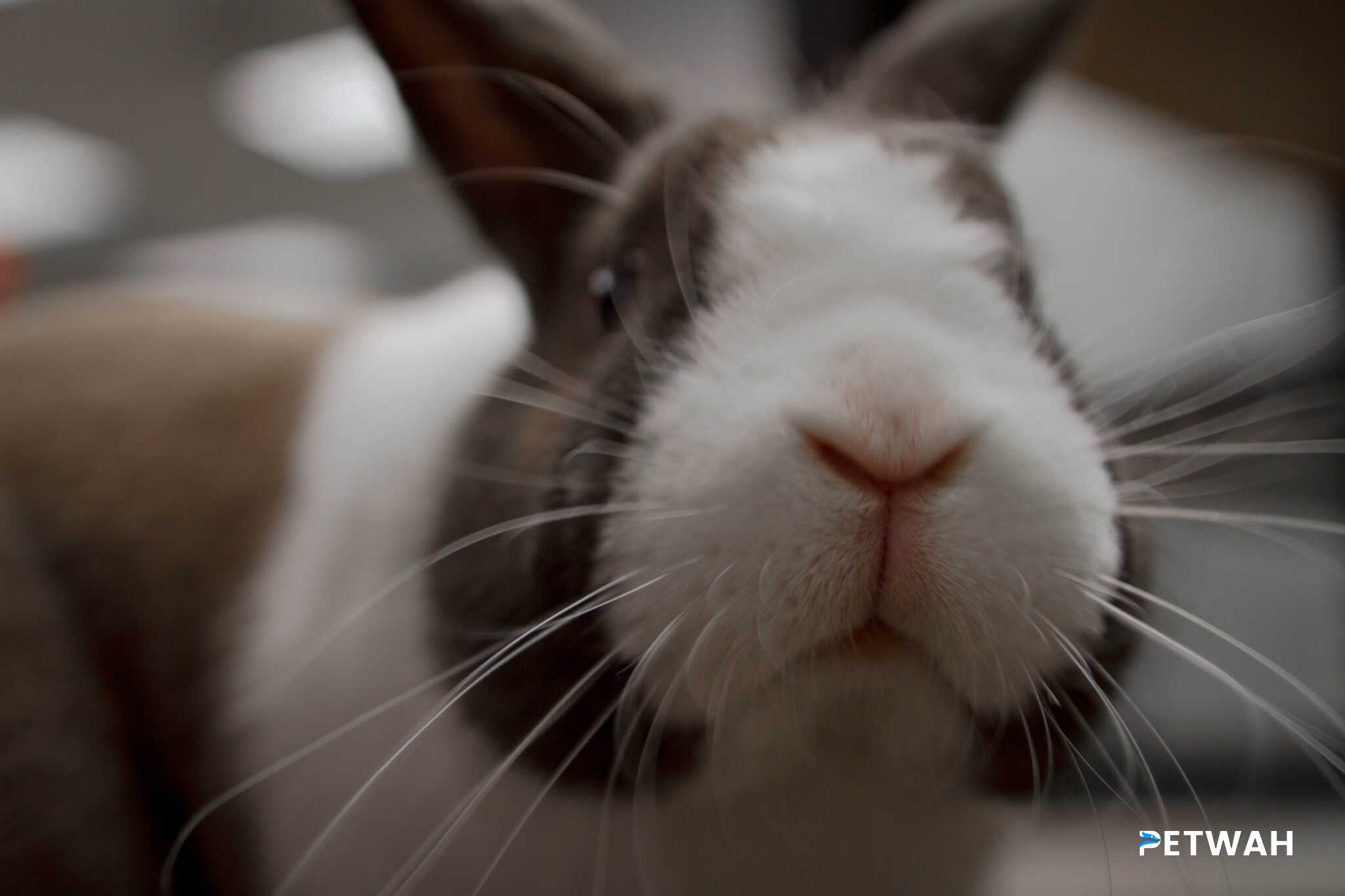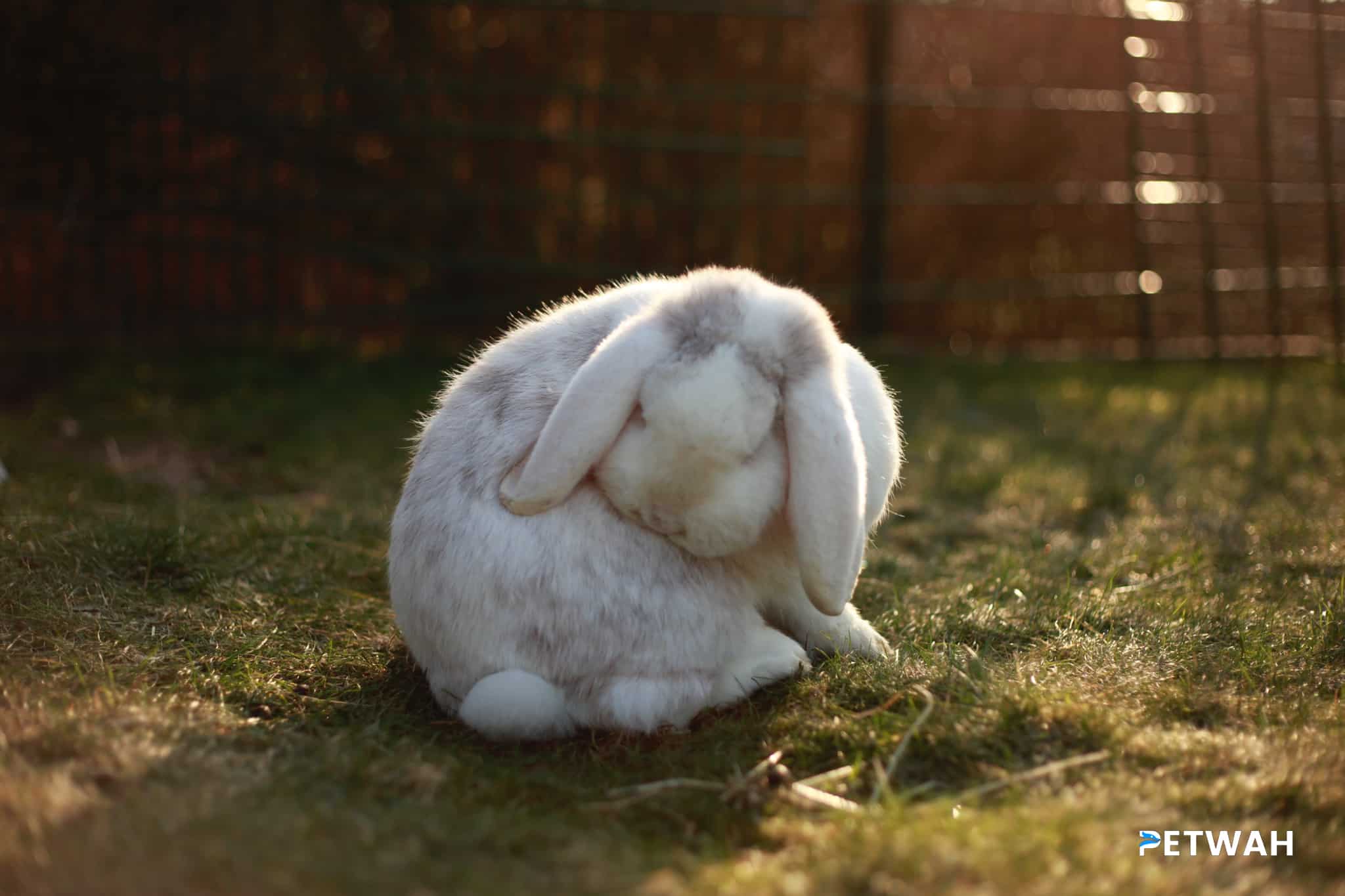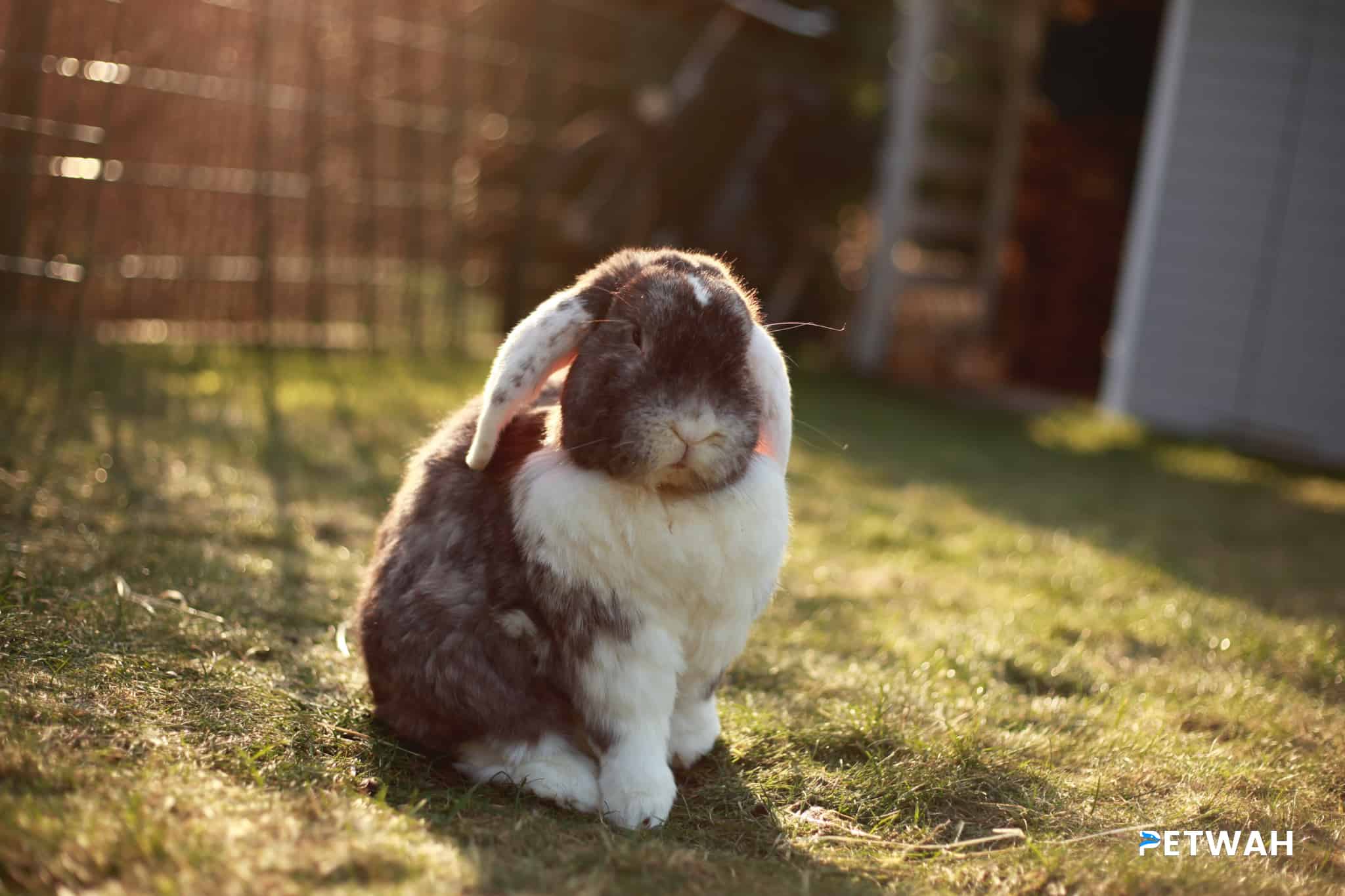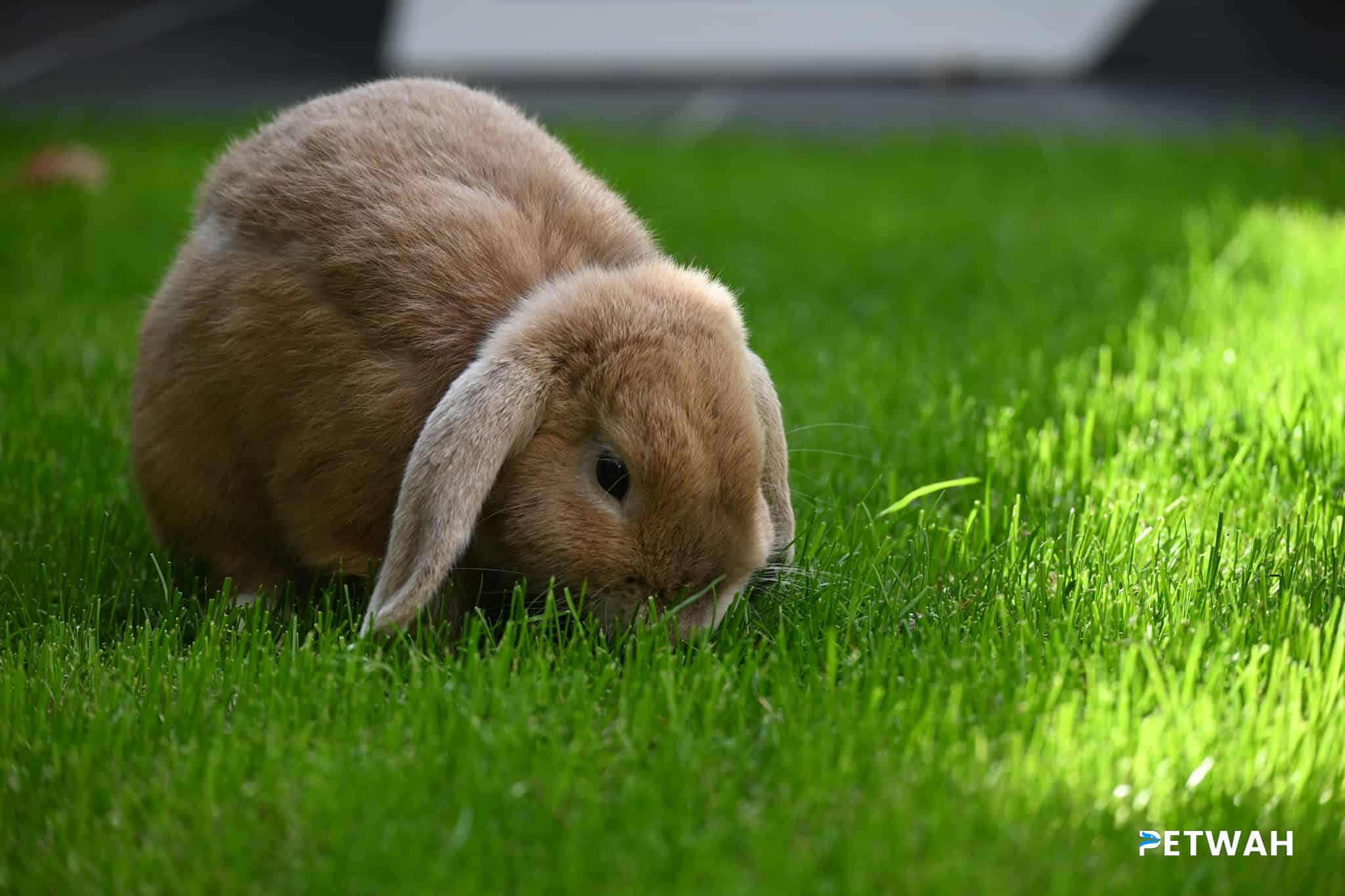As pet owners, it’s our responsibility to keep our furry friends safe and healthy at all times. One of the biggest threats to our rabbits during the summer months is heat exhaustion. Unfortunately, rabbits are highly susceptible to this condition and it can quickly become life-threatening if not treated promptly. That’s why it’s essential to know the symptoms of heat exhaustion in rabbits and take action immediately to prevent any further harm. In this article, we’ll discuss the signs of heat exhaustion in rabbits and provide tips on how to keep your bunny cool and comfortable during the hot summer months.
Heat exhaustion is a serious condition that can affect rabbits, especially during hot weather conditions. As a responsible pet owner, it is essential to recognize the signs of heat exhaustion in your rabbits and take appropriate action to avoid any potential health risks.
Here are some of the common symptoms of heat exhaustion in rabbits:
1. Lethargy and Weakness: Rabbits suffering from heat exhaustion may appear weak, tired, and unwilling to move around. They may also be less responsive to their surroundings and show little interest in food or water.
2. Rapid Breathing and Panting: Panting and rapid breathing is a common symptom of heat exhaustion in rabbits. This is the body’s way of trying to cool down by increasing the airflow through the respiratory system.
3. Reddened Ears and Mouth: Rabbits have large ears that help regulate their body temperature. If they are experiencing heat exhaustion, their ears may become red and hot to the touch. Their mouth may also appear dry and sticky.
4. Seizures: In severe cases, heat exhaustion can cause seizures in rabbits. This is a life-threatening condition that requires immediate medical attention.
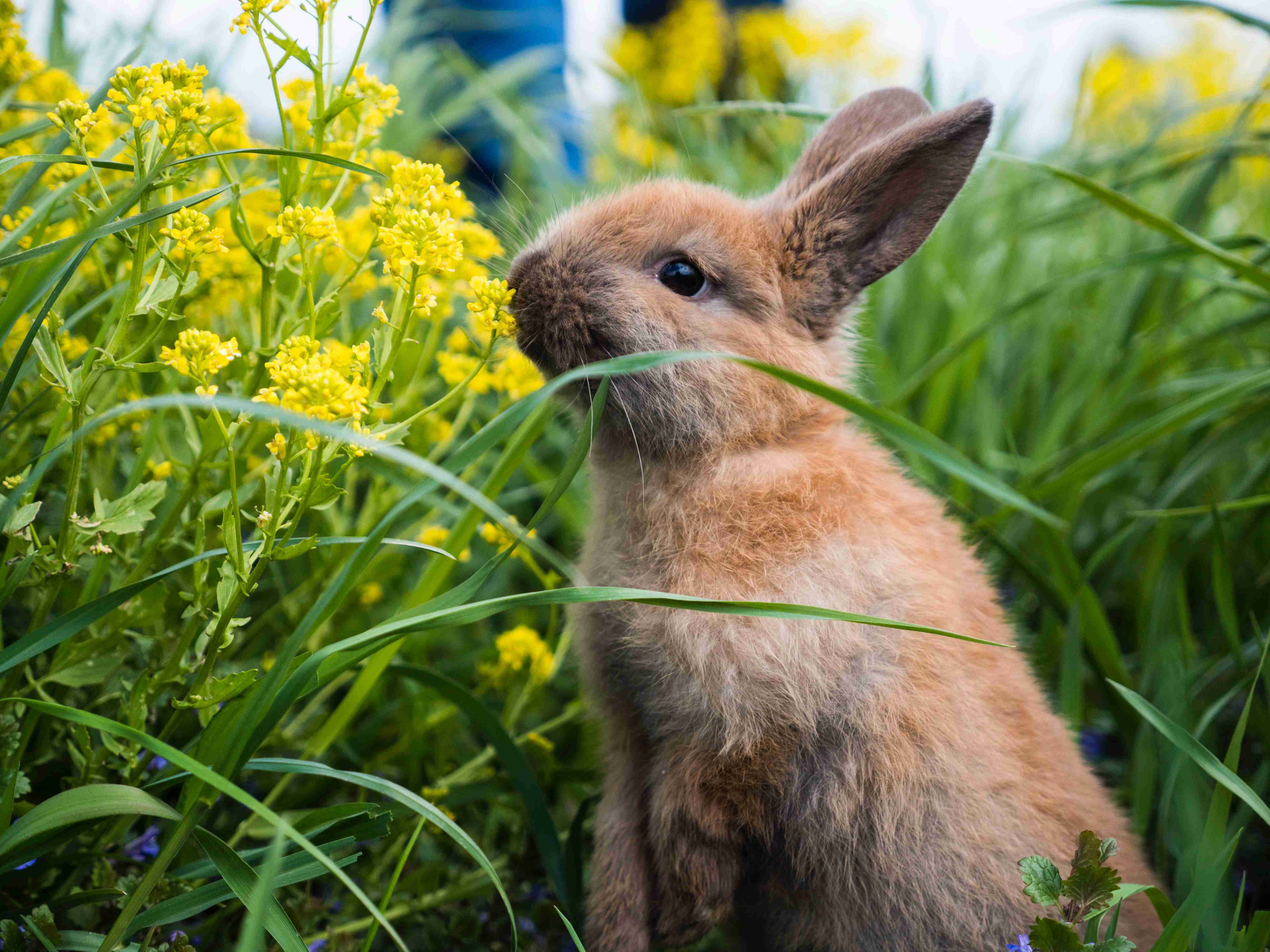
If you notice any of the above symptoms in your rabbit, it is crucial to take action immediately to prevent any further health complications. Here are some steps that you can take:
1. Move your rabbit to a cooler environment: If your rabbit is showing signs of heat exhaustion, move them to a cooler area immediately. This could be an air-conditioned room or a shady spot outside.
2. Offer fresh water: Offer your rabbit fresh water to drink. You may also want to provide them with a water bottle or dish that contains ice cubes to help cool down their body temperature.
3. Wet the fur: You can also wet your rabbit’s fur with cool water to help lower their body temperature. Be sure not to use cold water as this can cause shock.
4. Contact your veterinarian: If your rabbit’s symptoms do not improve or worsen, contact your veterinarian immediately. They may recommend additional treatment options, such as intravenous fluids or medications.
Overall, recognizing the symptoms of heat exhaustion in rabbits is crucial for pet owners. It is important to take immediate action to prevent any further health complications. By following the above steps, you can help keep your rabbits safe and healthy during hot weather conditions.
In conclusion, heat exhaustion in rabbits is a serious condition that requires immediate attention and action. As rabbit owners, it is our responsibility to provide a safe and comfortable environment for our furry friends, especially during the hot summer months. By recognizing the symptoms of heat exhaustion, taking preventive measures, and seeking veterinary care when necessary, we can help our rabbits stay healthy and happy all year round. Remember to always monitor your rabbit’s behavior, provide plenty of water and shade, and never leave them in a hot car or confined space. With proper care and attention, you can help your rabbit beat the heat and enjoy a long and happy life.


